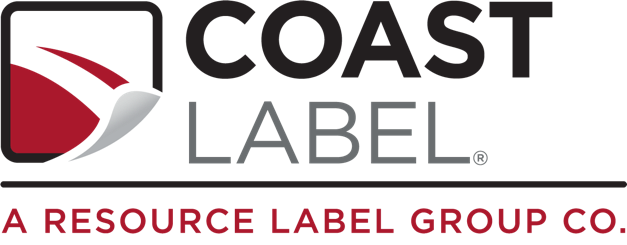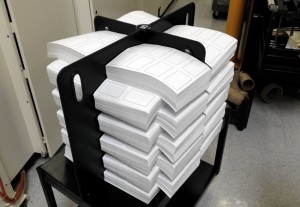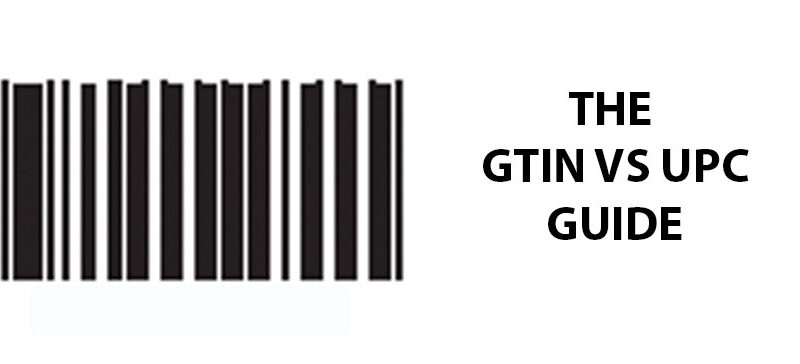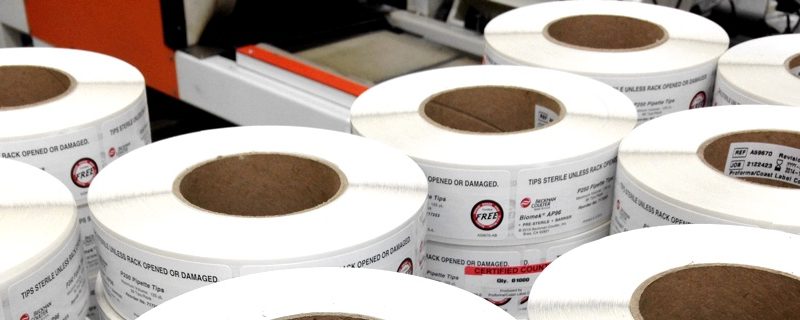If you’re printing your own labels, you’re probably wondering about the benefits of laser labels vs inkjet labels. Each kind of printer can produce high-quality labels. Deciding whether to use an inkjet or laser printer all depends on how the labels will be used.
What kind of printer should you use for your labels? Read on to learn all about the differences between laser labels vs inkjet labels.
Laser Labels vs Inkjet Labels
When it comes to laser labels vs inkjet labels, there are a number of differences. Picking the kind of label you want to use isn’t a choice between good and bad. Rather, it’s a choice between fulfilling different kinds of needs.
Do you need high-quality images with an array of colors? Do you need a small print that can still be easily read? What about waterproof labels? Because of the differences in how laser and inkjet printers work, each kind of label has different properties and should be chosen accordingly.
Laser Labels
Laser label printers render images by using a combination of heat and an electrically charged powder called toner. A laser passes over a drum to create a static charge on the drum, which attracts the toner. When the paper passes over the drum, it collects the toner. The heat of the printer then bonds the powder to the page to create text or images.
Laser label printers can use black toner as well as an array of colors. If you’re printing onto black labels, laser label printers can use white toner to print your text or images. Laser label printers are fast and efficient. Because laser label printers use heat and dry powder, laser labels won’t smudge. This also means there is no wait time for the printed labels to dry.
Pros and Cons of Laser Labels
Laser label printers are a great option for any business looking to print their own labels. With the ability to print small runs and consecutive numbers, and make changes quickly, purchasing a laser label printer can be a great investment for your business. As with any kind of technology, there are some benefits and drawbacks to using a laser printer. Here are some of the pros and cons of laser label printers:
Pros:
- Laser label printers print very quickly.
- The printed labels are dry from the outset. No need to wait for the ink to dry.
- Toner cartridges last a long time
- Laser label printers can use monochromatic or colored toner
- Printed text is crisp and clear even in small fonts
- Unlike inkjet printers, laser label printers can use white toner to print on black label paper.
- Laser label printers can handle a high volume of printing jobs.
- Laser label printers cost less than inkjet printers to operate on a daily basis.
Cons:
- Laser label printers don’t render images as well as inkjet label printers.
- In general, laser label printers cost more to purchase.
- Toner cartridges can be pricey when they need to be replaced.
Uses of Laser Labels
Laser labels are quite versatile. From printing shipping labels to product labels, using a laser label printer will yield quality results. Here are some uses of laser labels:
- Waterproof labels: Waterproof labels are non-porous to protect the label from moisture. Inkjet label printers spray ink onto the stock, which cannot be absorbed by waterproof material. However, because laser label printers use toner and heat to create the image or text, laser labels can be printed on waterproof stock.
- Metallic labels: If you want to create labels that really stand out, metallic labels printed on your laser label printer can be a great choice.
- Shipping labels: Because laser label printers are fast as well as cost-efficient to operate, they’re an excellent choice for printing high volumes of shipping labels. The text won’t smear and is legible even in smaller sizes.
- Clear labels: Looking for a product label that will practically disappear? Clear labels can give your product a minimalist appearance all while displaying important information.
- Barcode labels: A laser label printer is ideal for the printing of barcode labels. Whether you’re printing barcodes or QR codes, you need the label to be scannable. Laser labels remain legible even at smaller sizes, making them easy to scan.
- Heat-resistant labels: Laser label printers can print labels that will stand up against exposure to extreme heat.
Inkjet Labels
Rather than using toner and heat to print, inkjet labels deposit ink directly onto the page. Ink is available in black as well as CMY colors. Some inkjet printers are capable of using up to six colors of ink. In fact, inkjet printers are known for their ability to produce vivid colors and photo-quality images. Unlike laser label printers, however, inkjet label printers do not have the option to use white ink.
When choosing inkjet labels, you’ll want to make sure that the label stock you purchase is compatible with an inkjet printer. The ink is wet, unlike the toner of laser printers, and requires a porous stock. Label stocks that are non-porous won’t absorb any of the ink and the image will smear.
Pros and Cons of Inkjet Labels
Inkjet label printers are a great option for businesses looking to print their own label. With a low initial cost, inkjet label printers may be especially affordable for small businesses and startups. Just like with laser labels, inkjet labels have a variety of benefits, along with some drawbacks. Here are some of the pros and cons of inkjet labels:
Pros:
- Inkjet label printers can produce photo-quality images.
- In general, inkjet label printers cost less to purchase.
- Colors print vividly.
- Some inkjet label printers use up to six different colors.
- Inkjet label printers are easy to use.
- Inkjet labels can be printed on matte, semi-glossy, and glossy stock.
Cons:
- The cost to replace ink cartridges is high and ink cartridges may need to be changed often.
- Day-to-day operation can be costly.
- Inkjet label printers work much more slowly than most laser label printers.
- Inkjet labels need time to dry so they won’t smear.
Uses of Inkjet Labels
Inkjet labels are a great choice for many businesses who want to print their own labels. With vivid colors and photo-quality pictures, inkjet labels can be beautiful and eye-catching. Here are some uses of inkjet labels:
- Product labels: If you want vivid colors on your product labels, inkjet labels may just be the way to go. Inkjet printers will render the best images, giving you the eye-catching product label you need.
- Water-resistant labels: Although inkjet labels cannot be printed on certain kinds of stock, they can be printed on some water-resistant stocks. If your product will come into contact with moisture for brief periods, water-resistant inkjet labels could be perfect for you.
- Heat-resistant labels: Inkjet labels can be configured to resist some extreme temperatures.
Conclusion on Inkjet vs Laser Labels
When comparing laser labels vs inkjet labels, it’s clear that both can be beneficial for your business. Although laser labels may have a higher initial cost, they are less expensive to produce daily. Inkjet printers can be less expensive to buy at first, but the cost of ink should be considered when purchasing.
At Coast Label, we can manufacture blank labels to fit the unique needs of your business, whether you need labels compatible with an inkjet printer or a laser printer. From custom shapes to materials, we’ll help you engineer the perfect blank label so that you can print on demand. We’ll work with you every step of the process to make sure you get the labels you need. Contact Coast Label today for a free proposal!



